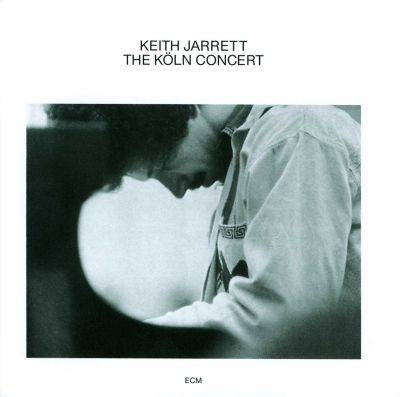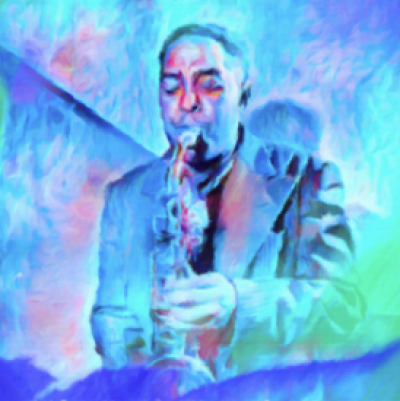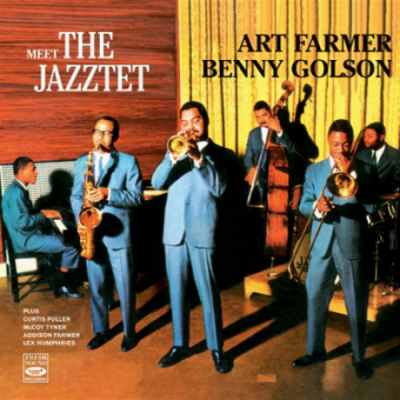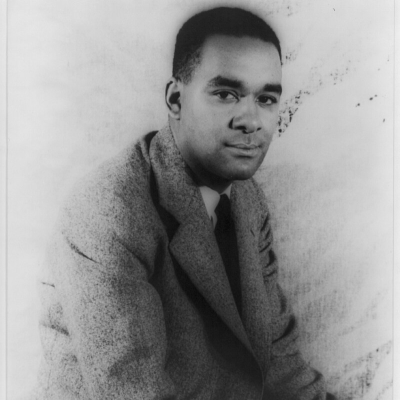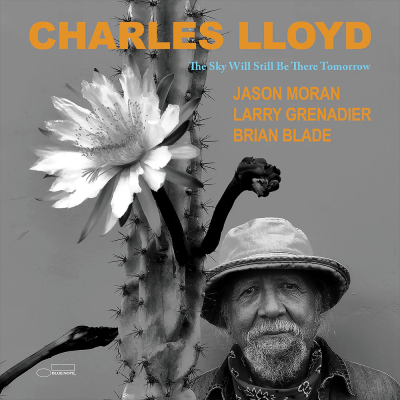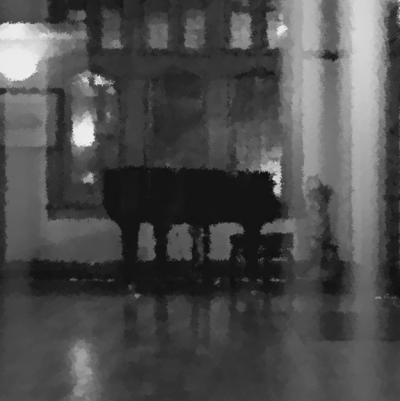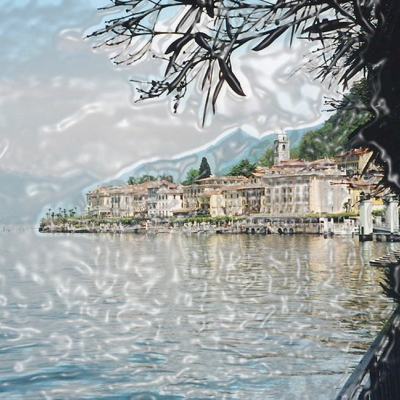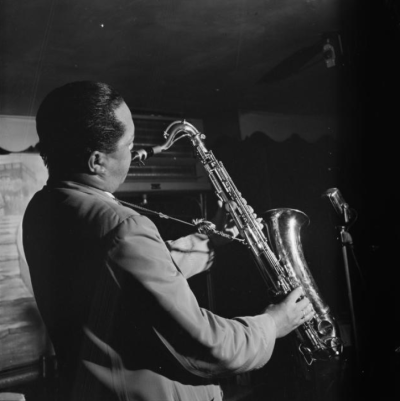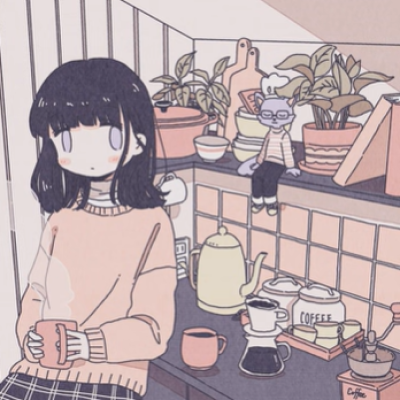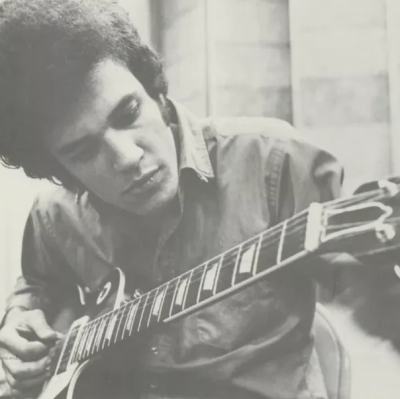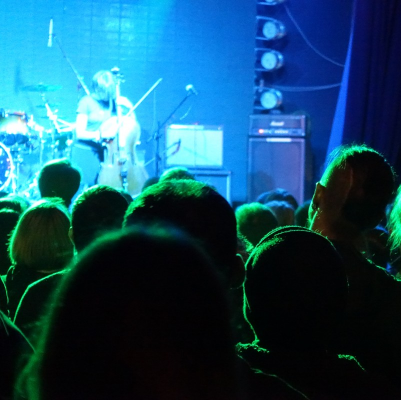Poetry by Tim Greenwood
THE BUNKER
An overgrown trail is abruptly halted by a set of rusting metal gates,
Secured to a crooked post by a battered padlock and feeble chain.
A grey guard tower lies out of sight, studying the unfolding scene intently,
From the dense undergrowth where fresh raindrops glisten in the new-born sunlight.
The guide trudges unsteadily through the thick mud,
He struggles for a moment with the worn lock, before springing open the creaking gates.
The party ambles through, their pristine shoes squelching through the sticky mire
Whose chill fingers climb steadily up their drenched outfits.
Rail lines snake through the thick forest beside them, hidden from the prying eyes
Of the Motherland’s enemies by the knotted limbs of timber leviathans.
Exhausted freight wagons lie sombrely on the lines, shorn of their purpose
Now that the scientists and missiles no longer come.
They come to the facility’s disheveled concrete hub,
Whose industrious grandeur has long been usurped by mischievous weeds;
Through silent offices and cavernous workshops,
Where battalions of ants march through the debris,
And spiders toil methodically on construction projects of their own.
Then down into the bunker,
Whose clammy subterranean tendrils coil oppressively around them,
Making them sweat under bright rain jackets.
The dank humidity intermingled with an intangible sense of sadness.
Their unease grows,
As the guide draws them deeper into the gray entrails;
Past radiation-proof doors and peeling red symbols of comradeship,
Feeling ever more remote from the safety of the bright world outside.
The guide drones facts and figures with morbid relish,
Imprinting on their young minds a dim concept of the
Stark existence lived-out within this cramped refuge.
The final hope still perhaps for their people,
When the bureaucratic sparks erupt into a fiery torrent
And the world lies ablaze under the fall out.
BEHIND THE CURTAIN
The steel-grey watchtower sits incongruously on the lush summer grass;
Sharing for a brief moment the involuntary shivers of its lone inhabitant,
As he sadly surveys the block walls and razor-wire fences,
Whose silent menace stretches out to the edge of his clouded vision.
The groan of a spluttering lawnmower fills the humid air,
As white-suited youngsters giggle amongst pungent paint-cans,
Sweeping away nature’s stealthy attempts to erase the bleak memory
Whose dark veil hangs heavily still on the sleepy village.
Enshrouded in shadow, he smiles at the freedom
Which the bright young faces cannot appreciate.
Remembering a time when this was the edge of his world;
When the West was no more than a muddled collage,
Pieced together from unreliable state reports and furtively whispered recollections.
A time when all were valued, young and old alike;
When the community was a single beating heart,
Driven on to ever greater endeavours by the grand proclamations of
Shattered quotas and the gratification of self-sufficiency;
Yet as he looks back, the fierce cries of the straining Alsatians,
And the gruff demands of the capricious soldiers, seem to him much more real.
LET US NEVER FORGET
A half-hearted smile reaches out from the ticket office’s tightly barred confines.
The group return it awkwardly before shuffling through the heavy iron gates.
The warm air feels heavy around them, somehow suffused with the silent oppression
Which tyranny has imparted on brick and flower alike. Their will to speak drifts away.
Emerald grass stretches out uniformly before them, bisected by neat graveled paths,
Which grovel at the feet of austere concrete giants, reaching haughtily up into the morning air.
Figures emerge sporadically from their dark mouths, blinking in the bright sunlight.
Some disbelieving, others shaking involuntarily; all silent.
The group cling like newborns to the faltering English guidance of jaunty yellow signs,
Pausing occasionally to switch on the audio guides which incongruously crown their heads.
They wander past an innocent-looking ditch, hemmed in by mundane grey walls,
Where the barking guards gunshots brought disfiguring finality to life after life.
Before coming to the prisoner’s barracks, where child-sized bunks line the walls,
As bare as the days when they nurtured their emaciated guests.
The washroom displays a small sign, the sole testament to the Fatherland’s brutal game-room,
Where human lives were sold for cigarettes and vodka.
As they walk quietly back to the station, they know that the things
Which they have seen here will never leave them.
About Tim Greenwood
Tim Greenwood lives in the Washington, DC area, where he works at a small engineering firm. He is originally from Great Britain, and draws inspiration from his experiences in his homeland, and subsequently in the United States.








